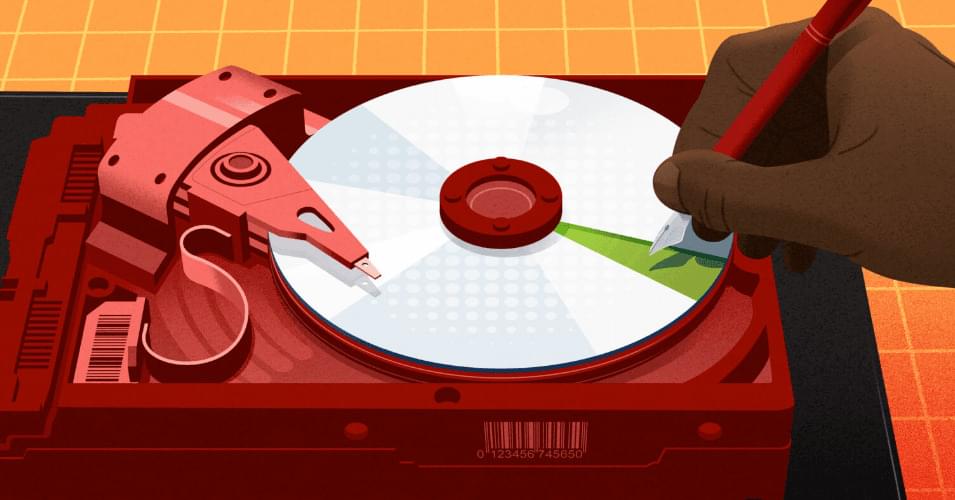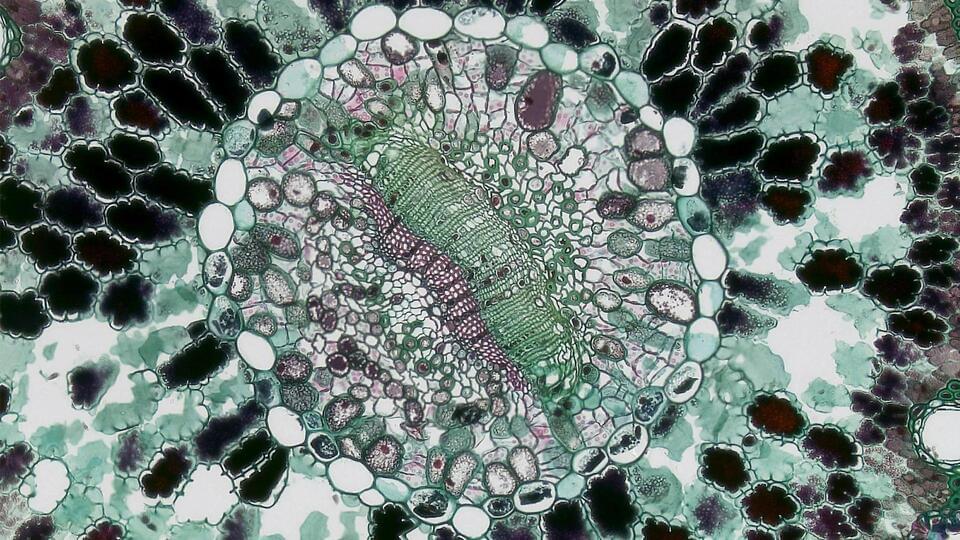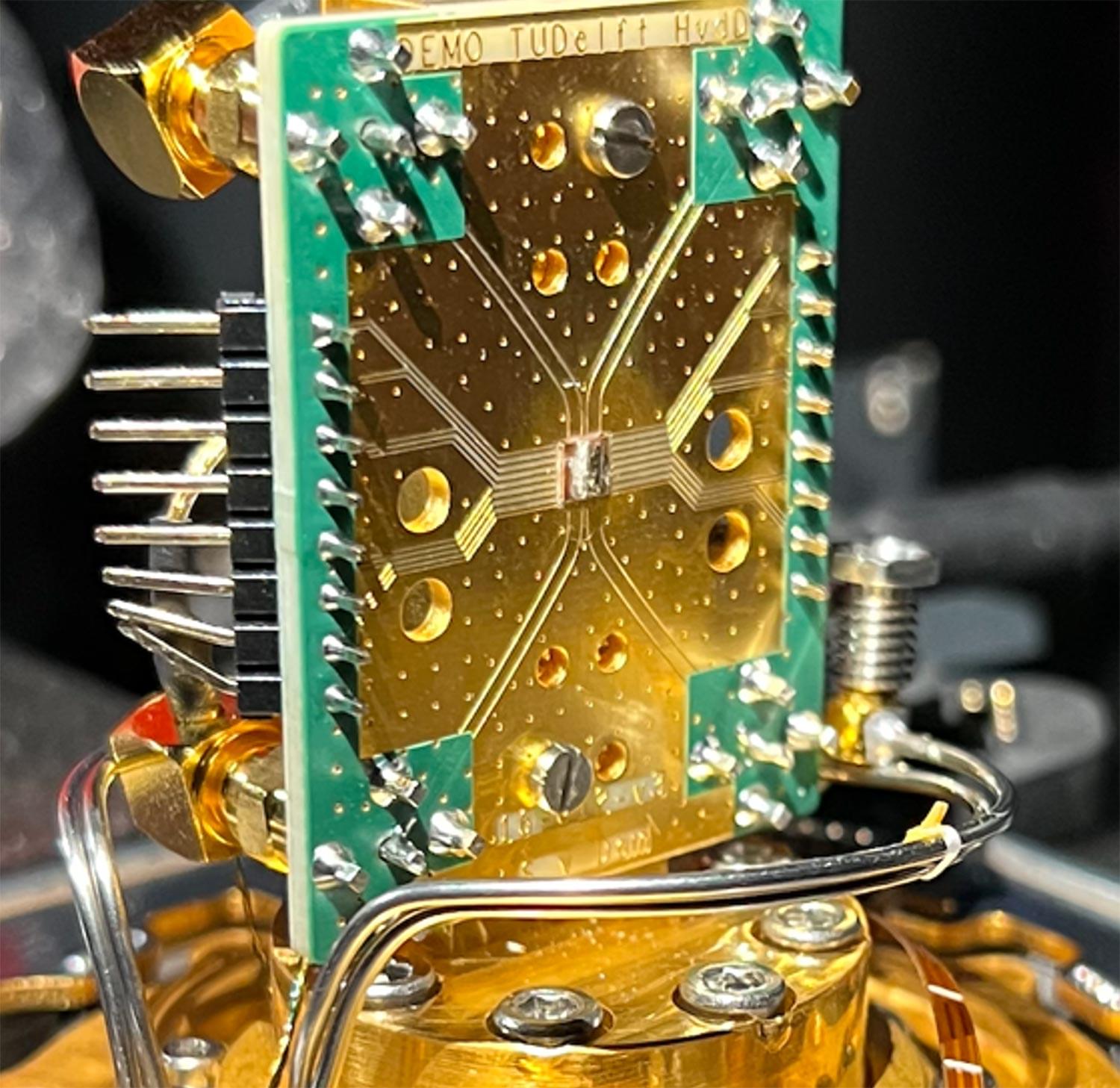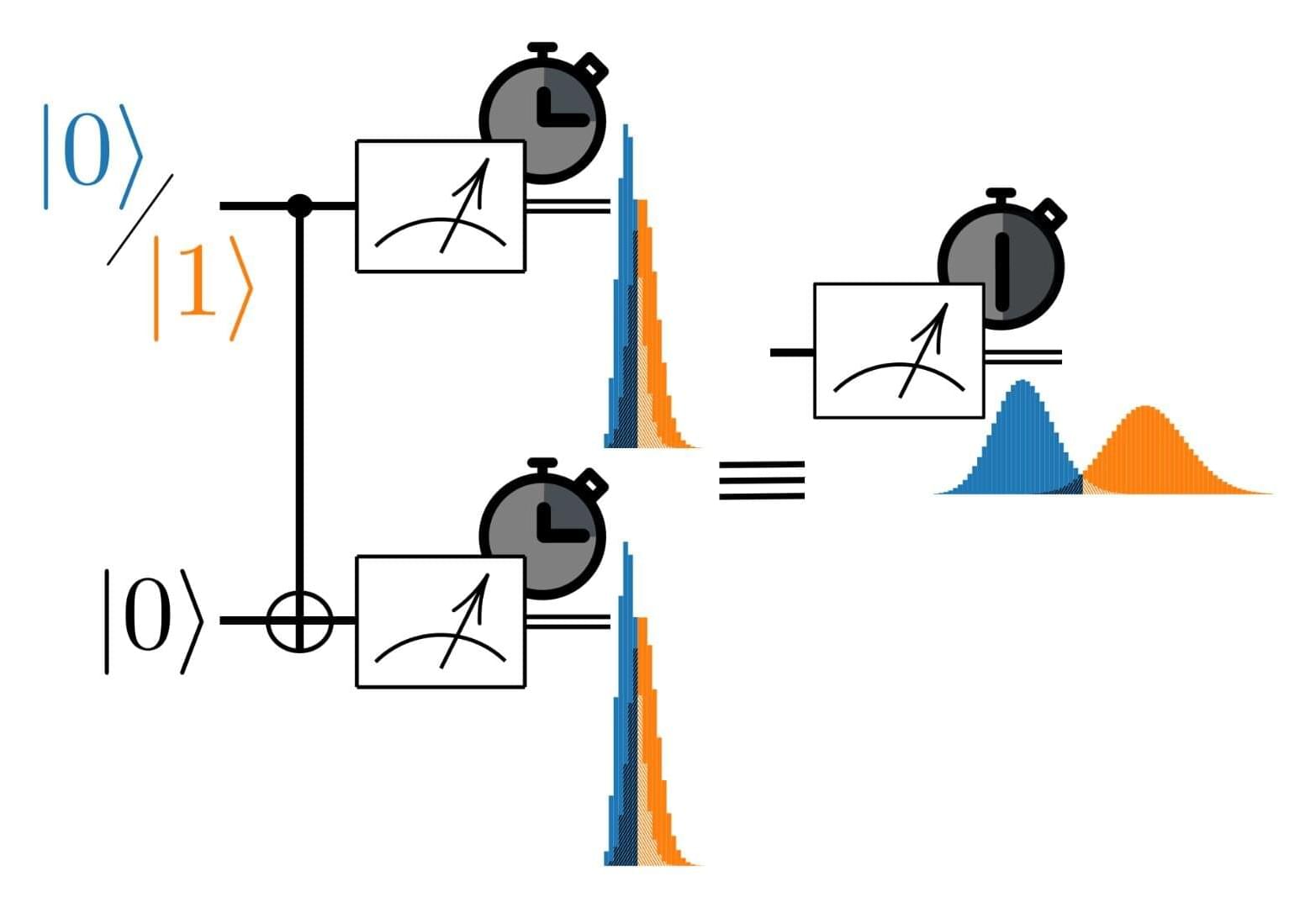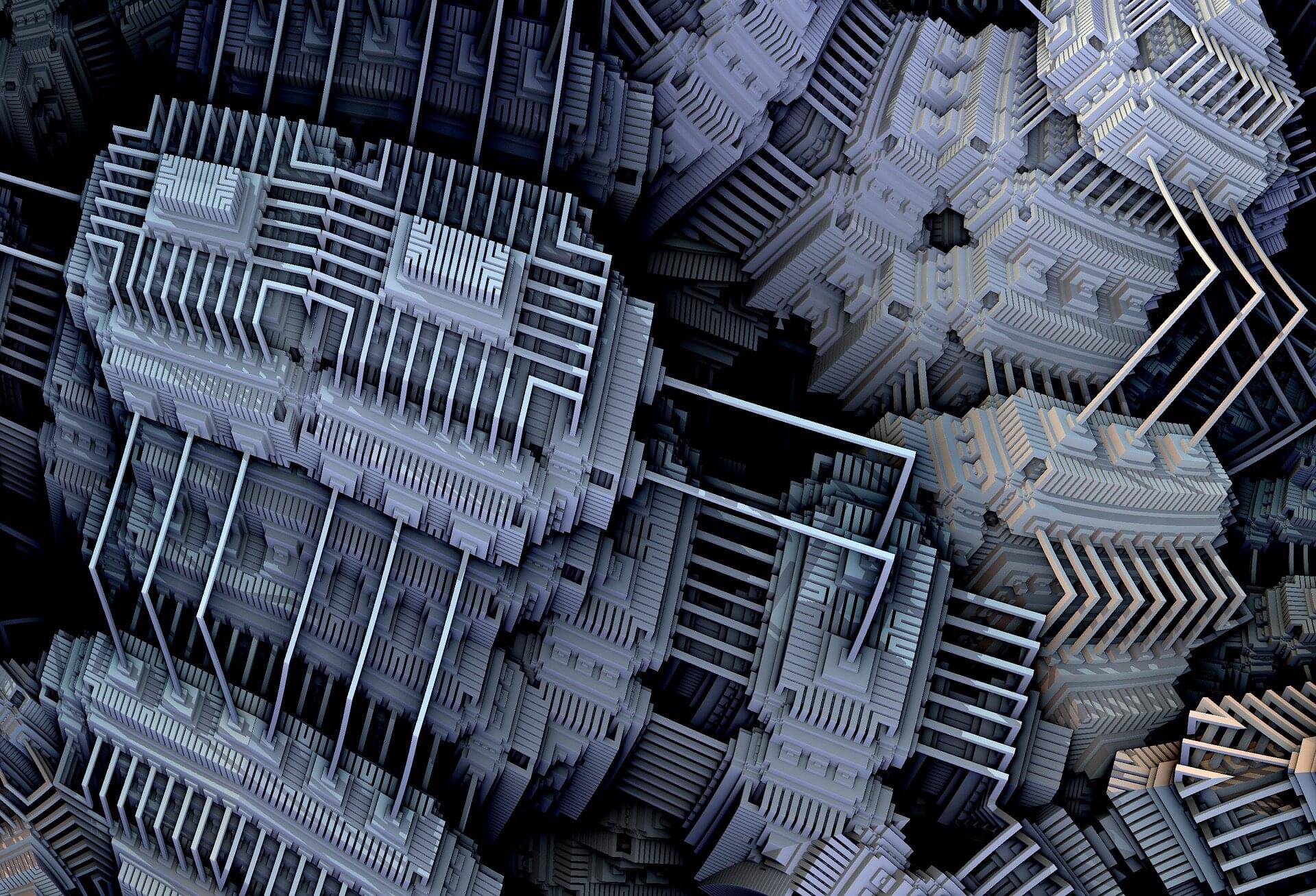A new study published in Frontiers in Computer Science investigated if placing smartphones just out of our reach while we’re at work influenced device use for activities not related to work.
“The study shows that putting the smartphone away may not be sufficient to reduce disruption and procrastination, or increase focus,” said the paper’s author Dr. Maxi Heitmayer, a researcher at the London School of Economics. “The problem is not rooted within the device itself, but in the habits and routines that we have developed with our devices.”


